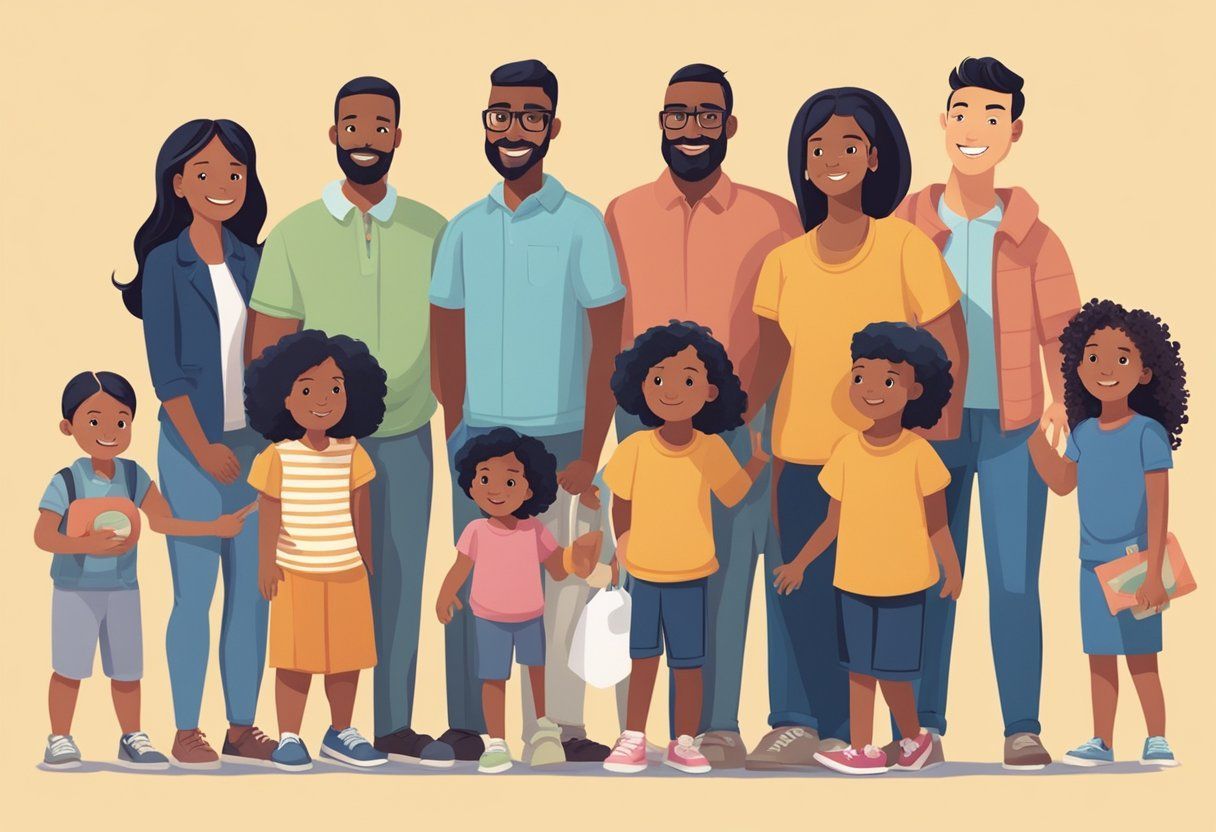BLOG
Categories
Adoption Parenting Myths vs. Reality: Debunking Common Misconceptions
Common Adoption Parenting Myths
Adoption comes with a variety of misconceptions that can impact how people understand it. Discussing these myths can lead to better insight into what adoption truly involves for adopted children, adoptive parents, and birth parents.
Myth: Adopted Children Cannot Bond With Adoptive Parents
Many people mistakenly believe that adopted children cannot form strong bonds with their adoptive parents. This is not true.
Children, whether adopted or biological, are capable of developing deep connections with their caregivers. A loving environment where trust and communication are encouraged helps facilitate this bond.
Adoptive parents who offer stability and demonstrate unwavering support tend to have healthy relationships with their adopted children. Trust and love are fundamental, and the bond typically grows over time as they navigate life together.
Myth: Adoption Is Only for Infertile Couples
A common myth is that only infertile couples consider adoption, but there are many reasons why people choose this path. Some adopt to provide a loving home for children in need, while others may have personal or moral reasons driving their decision.
Adoption can be a choice for singles, same-sex couples, or those who already have biological children and wish to expand their families. Viewing adoption solely as a last resort overlooks its meaningful role in expanding and diversifying families.
Myth: Adoption Means Permanent Separation From Birth Parents
There is a belief that adoption always leads to complete separation from birth parents. While this may have been more common in the past, today there are many types of adoption arrangements.
Open or semi-open adoptions allow for varying degrees of contact between birth and adoptive families. This contact can range from letters and pictures to regular visits, depending on the agreement.
Such arrangements benefit adopted children by maintaining their connection to their birth roots, which can be crucial for identity development.
The Realities of Adoption Parenting
Adoption parenting involves more than just welcoming a child into your home. It requires effort in building trust, understanding birth parent dynamics, and navigating the adoption process with empathy and patience.
Building Trust and Attachment in Adoptive Families
Developing a strong bond with your adopted child is crucial. You may find that trust and attachment take time and patience.
Adoptive parents can create a secure environment by being consistent and responsive to a child's needs. Activities like playing together, sharing stories, and offering positive reinforcement help in forming a deeper connection.
Trust-building isn't a one-time task; it's a continuous process. Understanding a child's history, respecting their feelings, and maintaining open communication are vital.
Encourage open dialogues to help them express their emotions comfortably.
Navigating Birth Parent Relationships
The relationship with birth parents varies in open and closed adoptions. In open adoptions, navigating the relationship with birth parents can enrich both your child's life and yours.
You can encourage healthy communication, respecting boundaries, and focusing on the child's well-being. In any type of adoption, it's crucial for adoptive families to handle this connection with care and empathy.
Recognizing the role and importance of birth parents can provide comfort and security to your child. Your supportive attitude can positively influence how your child perceives their adoption story.
Understanding the Adoption Process
The adoption process can be complex and involves multiple steps. You'll engage with social workers, legal professionals, and adoptive agencies.
Understanding these steps helps you prepare better for the challenges ahead. Different kinds of adoptions have various requirements, but preparation and research can ease the process.
Stay informed about the laws and expectations related to adoption in your area. Discussing adoption openly with these professionals will guide you, providing essential resources and support you might need.
Challenges and Misconceptions in Different Types of Adoption
Adoption comes with unique challenges that vary depending on the type. Foster care adoption involves specific concerns and misconceptions, while domestic and international adoption present their own set of realities and myths.
Foster Care Adoption Realities
When considering adoption through foster care, you might worry about the costs. Many believe it's expensive, but in reality, adopting a child from foster care is often less costly than other types.
In some cases, expenses are covered by the state. Additionally, there is a belief that children in foster care have behavioral issues because they are categorized as juvenile delinquents.
This is generally untrue. Many children enter foster care due to circumstances beyond their control, not because of their behavior.
You should also know that the process might take time due to legal and administrative steps aimed at ensuring a stable placement. Support and resources are available to ease the transition and help families adapt to unique challenges.
Domestic vs. International Adoption
Domestic adoption involves adopting a child from your own country. It tends to have smoother post-adoption transitions since there are fewer cultural or legal differences to navigate.
However, wait times can be unpredictable. International adoption allows you to welcome a child from another country into your family.
While it offers a broader range of children, it comes with complexities like navigating different legal systems and dealing with potential language barriers. Costs can also vary widely, often being higher than domestic options due to travel and legal requirements.
It's important to understand the cultural integration challenges that might arise with international adoption, which may require extra support to ensure the child's sense of belonging.
Emotional Well-being and Identity in Adopted Children

Adopted children face unique challenges in understanding their identity and emotional well-being. Parents play an important role in supporting them through this journey.
It's important to address and dismantle the myths and stereotypes that can impact their lives.
Supporting Adoptees Through Identity Formation
Identity formation is a vital part of every child's development, and adopted children may need extra support. You should encourage open discussions about their adoption story to help them form a sense of self.
Listening with empathy and validating their feelings are key. You can introduce adoptees to community groups where they can meet others with similar experiences.
This helps them feel less isolated. It's beneficial to celebrate their cultural background.
Engaging in cultural activities and exploring family traditions can enhance their understanding of their identity. Consistency in providing love and reassurance plays a significant role in their emotional health.
Overcoming Stigma and Stereotypes
Adopted children often face misconceptions that can affect their emotional well-being. Addressing myths, like the idea that all adoptees have behavioral issues, is crucial.
As a parent, you can challenge these stereotypes by sharing positive stories and experiences. It's helpful to build a strong support network.
Involving teachers, family, and friends can foster an understanding environment. Educating those around you about adoption can dispel misconceptions.
By promoting acceptance and teaching empathy, you can help your child develop resilience against stigma. Encouraging the expression of diverse experiences and viewpoints allows adoptees to confidently share their stories.
This supportive approach can empower them to embrace their identity fully.
Legal, Financial, and Ethical Considerations

Adoption involves a variety of legal, financial, and ethical factors. Key aspects include understanding rights in adoption, financial assistance like tax credits, and addressing concerns about child welfare.
Parental Rights and Birthmother Choices
When you adopt, it's crucial to understand the parental rights involved. Laws vary, but biological parents, especially birthmothers, have specific rights and choices.
These rights include deciding on adoption consent and whether to choose the adoptive parents. It's vital to respect the birthmother's decisions.
Legal rights also ensure that adoption processes are fair and protect all parties involved. Before finalizing an adoption, make sure all legal documents are thoroughly understood and agreed upon by everyone involved.
Adoption Tax Credit and Financial Planning
Adoption can be costly, but financial tools like the adoption tax credit can help. This credit reduces the taxes you owe, easing some financial burden.
It's important to plan financially for adoption, considering all potential expenses. Budgeting is crucial.
You should prepare for various costs such as legal fees, travel, and home studies. Consulting a financial advisor with experience in adoption can provide guidance through this process.
Using financial planning tools can make adoption more attainable and manageable.
Addressing Concerns About Neglect and Abuse
Adoption agencies take neglect and abuse very seriously. There are strict guidelines and assessments to ensure children are placed in safe environments.
You may undergo home visits and background checks as part of the process. These measures are in place to prevent abuse and neglect and to ensure the child's well-being.
It's essential to be honest and transparent during these evaluations. Providing a loving, supportive home is the primary goal.
Adopting parents should be prepared to meet the emotional and physical needs of the child.
Frequently Asked Questions

Adoption often comes with misconceptions about children's behavior, the success of adopted children, and a family's ability to embrace a child not biologically theirs. Media portrayals can be misleading, and adoption may influence family dynamics in unique ways.
What common misconceptions do people have about adopted children's behavior?
Many assume adopted children have trouble adjusting or form attachment issues. In reality, adopted kids can thrive like any other.
Each child's experience and background play a role in their development, not just their adoption.
How do the success rates of adopted children compare to non-adopted children?
Adopted children often achieve similar success levels as non-adopted peers. These include academic achievements and forming strong social connections.
Like any group of children, individual circumstances and support systems may vary and affect outcomes.
What myths exist regarding the adoptive parents' ability to love a non-biological child equally?
Some believe adoptive parents can't love a child as much as a biological one. This is incorrect.
Many adoptive parents form deep, meaningful bonds with their children, driven by care and commitment, not genetics.
How realistic is the portrayal of the adoption process in media and popular culture?
Media often oversimplifies or dramatizes adoption. Reality can involve lengthy processes, paperwork, and emotional ups and downs.
It's essential to seek accurate information and consult professionals when considering adoption.
In what ways can adoption impact the existing family dynamics?
Adoption can introduce new roles and relationships within a family. It may require time to adjust, but with open communication and support, families can successfully integrate an adopted child.
Are there lasting effects on children who were aware they were adopted later in life?
Learning about adoption later in life might be challenging for some children. It can lead to a search for identity or belonging.
Openness and honesty can help them process and understand their adoption story positively.
RECENT POSTS
Bringing and keeping families together!










